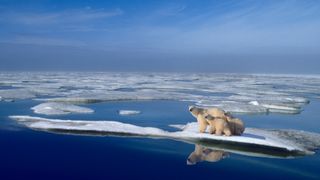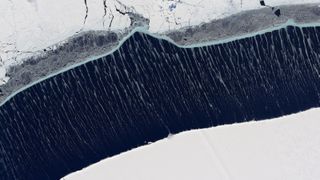Planet Earth
Explore Planet Earth
Editor's Picks
Latest about Planet Earth
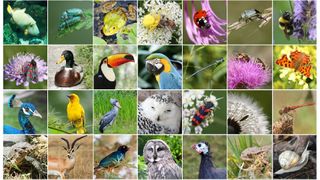
Evolution: Facts about the processes that shape the diversity of life on Earth
By Tiffany Taylor published
Discover interesting facts about how evolution works, the different patterns that can emerge from evolution, how quickly organisms can evolve, and whether evolution is a random or ordered process
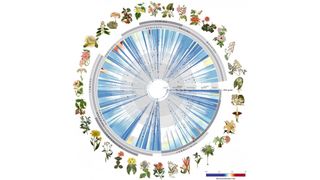
What is the 'tree of life'?
By Emma Bryce published
The tree of life maps out the relationships between all living things, and it's in constant flux.

Racetrack Playa: The home of Death Valley's mysterious 'sailing stones'
By Sascha Pare published
In Racetrack Playa, a dry lakebed in Death Valley National Park, meteorological conditions can push rocks weighing up to 700 pounds along the flat ground.
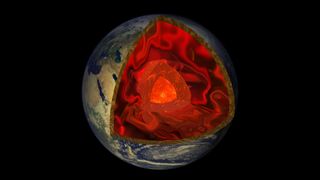
Weird mystery waves that baffle scientists may be 'everywhere' inside Earth's mantle
By Stephanie Pappas published
Structures that scatter seismic waves deep in Earth's mantle seem to be everywhere researchers look.
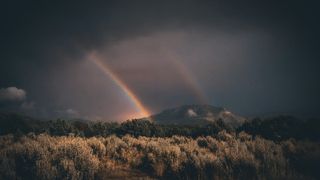
Rare 'moonbows' light up night sky across US as blue supermoon rises — and you could still spot another one
By Harry Baker published
At least two lunar rainbows, including a stunning "double moonbow," have been spotted above the U.S. in the lead-up to the blue supermoon. And there is still a chance to see one of these elusive arches for yourself.
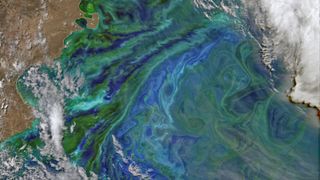
Picturesque plankton paint peculiar patterns in Patagonia
By Harry Baker published
Earth from space This 2014 satellite photo shows a gigantic, multicolor phytoplankton bloom swirling off the coast of Argentina. More recent research has shown that similarly massive algal outbreaks may become less likely in the future thanks to climate change.
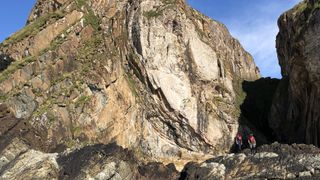
'Golden spike' showing the moment Earth turned into a giant snowball discovered in ancient Scottish rocks
By Hannah Osborne published
Geological evidence of the transition when Earth was plunged into a planetary-wide deep-freeze discovered in ancient Scottish rocks.
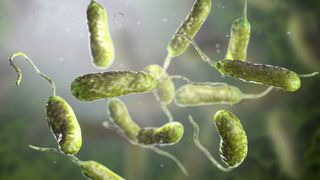
Climate change may allow the Earth’s oldest, tiniest creatures to dominate — and that's seriously bad news
By Ryan Heneghan published
Creatures that existed billions of years before plants and animals poised to become dangerous climate change winners.
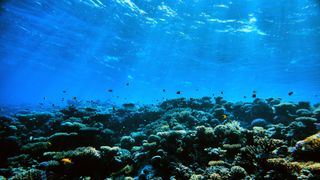
There's an acidic zone 13,000 feet beneath the ocean surface — and it's getting bigger
By Peter Townsend Harris, Mark John Costello published
The carbonate compensation depth — a zone where high pressure and low temperature creates conditions so acidic it dissolves shell and skeleton — could make up half of the global ocean by the end of the century.
Sign up for the Live Science daily newsletter now
Get the world’s most fascinating discoveries delivered straight to your inbox.


